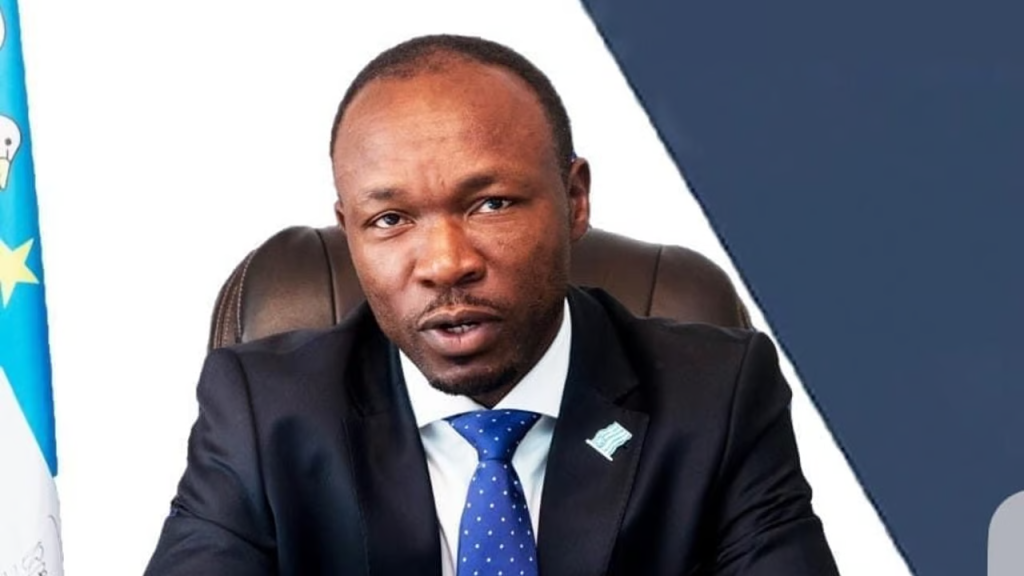Norwegian authorities have arrested a Cameroonian separatist leader for his alleged involvement in the ongoing armed conflict in Cameroon.
Lucas Ayaba Cho was detained on Tuesday on “charges based on his various expressions on social media,” according to his lawyer. He is a prominent figure in the Anglophone movement advocating for independence from Cameroon, where over 6,000 people have been killed and nearly a million displaced since the conflict erupted in 2016.
Many in the English-speaking regions claim they are subjected to discrimination by the French-speaking majority. Human rights organisation Amnesty International has accused both government forces and armed separatists of committing atrocities, including killings, rapes, and torture of civilians.
A Cameroonian official informed journalists that Norway and Cameroon have a security agreement, which could potentially lead to Cho’s extradition in the coming days. His lawyer stated he was unaware of any extradition request.
Lucas Ayaba Cho
Cho, who identifies himself as a liberation leader, is one of the most influential figures driving the conflict in Cameroon’s troubled Anglophone regions. The 52-year-old is described as the Commander-in-Chief of the Ambazonian Defence Forces (ADF), one of several armed groups seeking independence from Cameroon.
He directs his movement from Norway, where he reportedly ordered a recent two-week lockdown as part of the separatists’ campaign to boycott schools. Known for his uncompromising stance, he faced backlash after ADF fighters targeted taxi drivers in the North-West region, demanding they change the colour of their vehicles from yellow to white and blue—the colours of the proposed breakaway state of Ambazonia. Some who refused had their vehicles set ablaze.
The ADF’s political wing, the Ambazonia Governing Council, has imposed a “liberation tax” requiring people living in the conflict-stricken Anglophone regions to contribute financially to support the fight against the government.
In January 2017, Cho claimed he survived an assassination attempt following discussions with other separatist leaders in Belgium. His anti-establishment radicalism precedes the Anglophone crisis, dating back to the 1990s when he was reportedly expelled from the University of Buea for participating in protests over a tuition fee hike.

Norway’s National Criminal Investigation Service (KRIPOS) stated that Cho “had a central role in an ongoing armed conflict in Cameroon.” On Wednesday, Norwegian investigators requested his detention from the Oslo District Court.
“We are in an early phase of the investigation, and there are several investigative steps that remain,” Norwegian prosecutor Anette Berger said.
Emmanuel Nsahlai, a US-based lawyer representing some victims of the Anglophone crisis, praised Cho’s arrest as a “significant victory” against separatist violence in Cameroon. “This arrest marks a critical step in holding him accountable for his actions and bringing justice to the victims of his violence,” Nsahlai told the BBC.
Cho is not the first separatist leader to be arrested abroad in connection with the conflict in Cameroon. Since the crisis began, the Cameroonian government has been pressing foreign countries hosting separatist leaders to repatriate them for trial over their role in the ongoing violence.
In 2018, Julius Sisiku Ayuk Tabe, the leader of the Anglophone separatist movement, and 46 others were arrested in Nigeria and later extradited to Cameroon.


